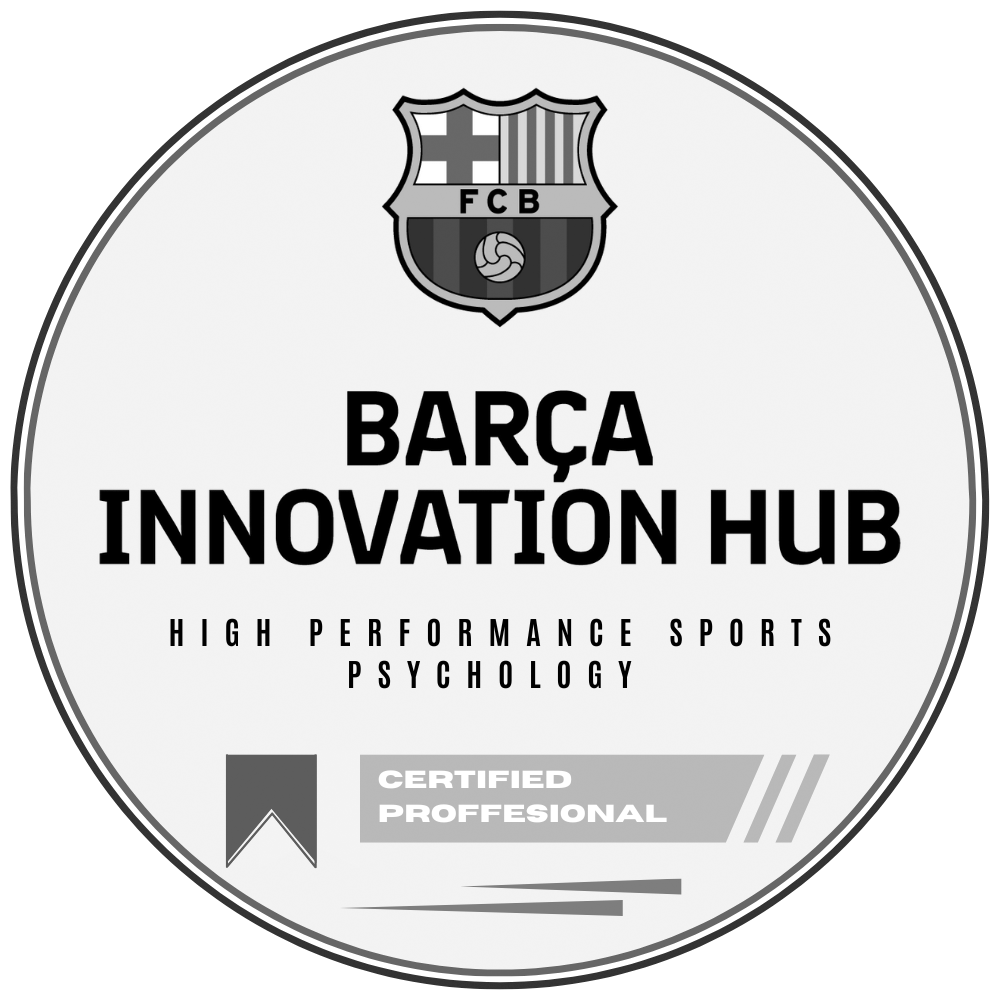Understanding the Essence of a Family Business
When we think about a family business, we imagine a tightly knit family unit driven by a legacy and tradition where each member contributes to the growth and well-being of the family and the company. These entities are characterized by shared history, rooted values, familial bonds, and cherished traditions. Family businesses offer an array of advantages ranging from decision-making processes to an unwavering dedication that goes beyond mere profit. When the family members hold executive positions in the company, it can be said that the family's primary focus is on the business itself.
Growth and Expansion
You have to allow innovation even if you don’t understand it in the now. – Roland Mack
Both families and businesses experience stages of growth and development. The arrival of younger generations often triggers transformation within these businesses. Driven by the younger generation's ambition to explore new markets, manage risk, and fortify the family legacy, what may have initially started as a humble storefront or workshop can expand into a thriving enterprise with diverse verticals and services.
As the business progresses, there comes a point where the family realizes that sustained growth and long-term success require more than passion and enthusiasm. To ensure longevity and consistent progress, they must establish a framework, acquire new skills, create an environment conducive to innovation, and sometimes seek guidance from external professionals. This phase marks the family's move towards business professionalization.
The transition involves onboarding management expertise, adding external directors to the board, and even considering going public. While these steps fortify the company's competitive advantages and align with modern market practices, they also change the family's leadership dynamics.
The cherished homegrown business that used to be at the heart of family gatherings and dinner conversations begins to take on a more formal corporate identity. As family members no longer hold executive positions in the company, their emotional connection to the business will inevitably change.
However, this doesn't necessarily mean that the bond disappears completely. Instead, it takes on a new form. The family now sees the business as an asset—something they have nurtured and developed over the years—even if they are no longer directly involved in its day-to-day operations. They take pride in seeing their enterprise thrive under the new leadership. At the same time, it also brings a sense of detachment and objectivity. In essence, one could say that the family transitions from managing the business to becoming a strategic shareholder of the company.
From Family Business to Business Family

The entire journey, from expansion to professionalization, represents the transformation from a family business to a business family, from a family-centric enterprise to a corporate dynasty that prioritizes its family members while being business oriented. In other words, the focus shifts towards prioritizing the family as business owners.
The pivotal change in how family members handle their involvement in the family business will surely stir a cocktail of emotions among the family members. These emotions can range from apprehension to relief and regret to enthusiasm, reflecting the diverse perspectives within the family. Navigating these changing dynamics successfully requires emphasizing effective communication. Families can ensure they are well-prepared to embrace their future by fostering dialogue and promoting mutual understanding.
When a family operates as a "business family," it changes how the family approaches their involvement in the business. Instead of focusing on day-to-day operations, their attention expands to more overarching matters such as governance, wealth preservation, and long-term planning for future generations. Additionally, the family might explore new business ventures and establish charitable foundations. Moreover, individual members may discover a sense of independence within a business family framework. While some may continue making decisions for the primary business, others may opt to pursue different careers or even start their own ventures, thereby expanding the family's collective business footprint.

Final Thoughts
“Whenever we talk about the future, we look at it in terms of generations rather than quarters.” - Michael van der Post, Compaxo
The journey of transitioning from a family business to a business family reflects the progression of life itself. Just as families grow, adapt, and transform with the arrival of younger members and changing times, so do businesses. However, this shift is not about changing roles or responsibilities; it represents a transformation in the core values and essence of the family enterprise.
Moving from a family-run business's intimate atmosphere to a corporate dynasty's expanse requires a delicate balance between preserving tradition and embracing innovation, honoring legacy while adapting to new circumstances. When successful, it showcases the family’s resilience and flexibility as they navigate both challenges and opportunities presented by the business world.
While emotions and dynamics may vary along this path, an unyielding bond remains at the heart of every business family. The essence of a business family lies in its shared vision and purpose, deeply rooted in values passed down from generations; its focus expands beyond addressing present needs for securing its legacy for future generations.
Transitioning from day-to-day operators to strategic stakeholders is not a sign of disengagement. Instead, it signifies the family’s capacity to evolve, adapt and continue to leave a mark on the business landscape. This evolving journey, enriched with insights and experiences, serves as a guiding light for future generations. It teaches them the art of balancing tradition with innovation and infuses values into endeavors.




.svg.png)










.png)


